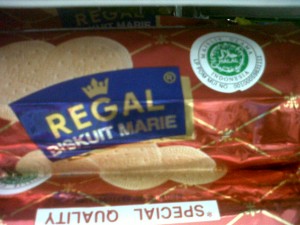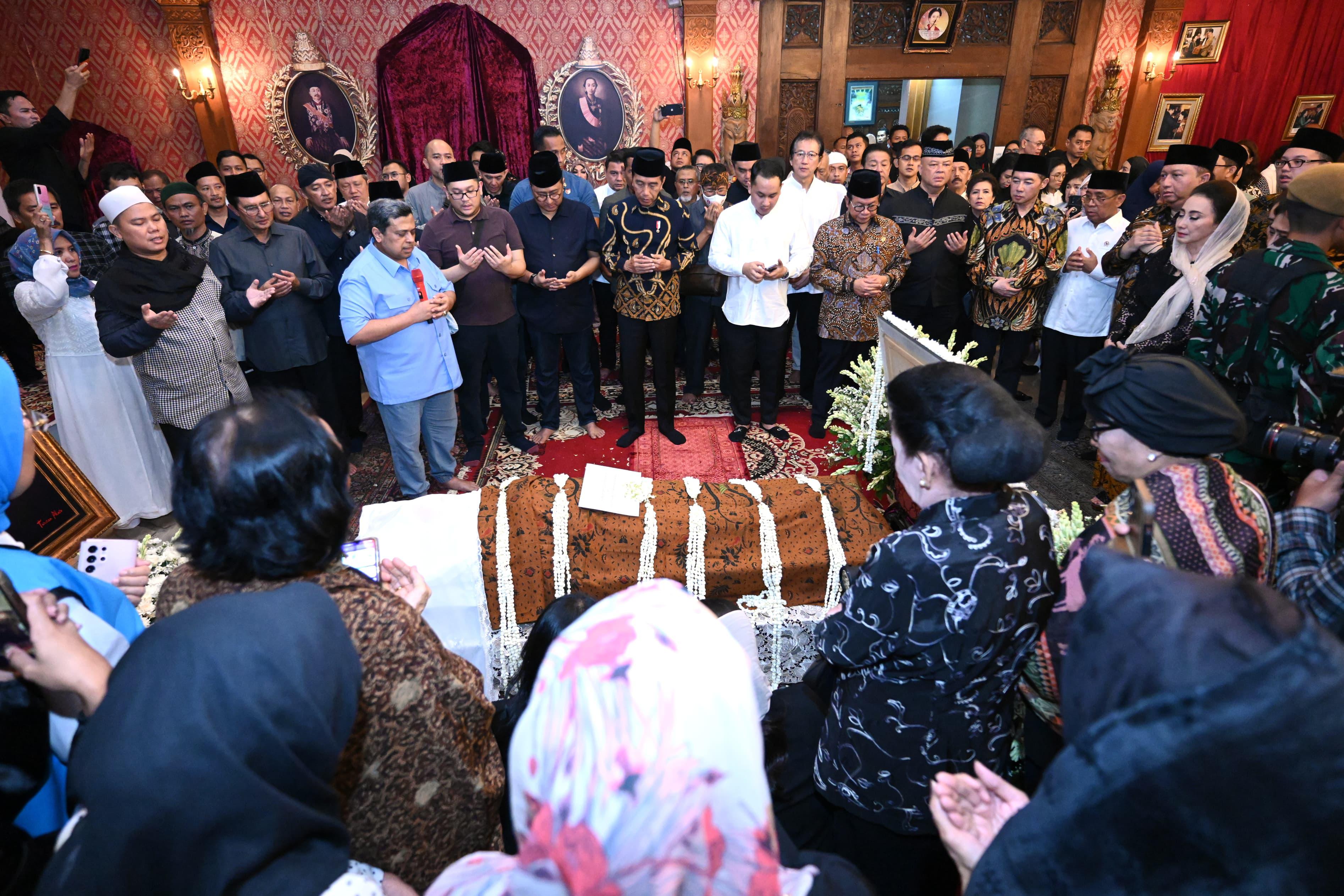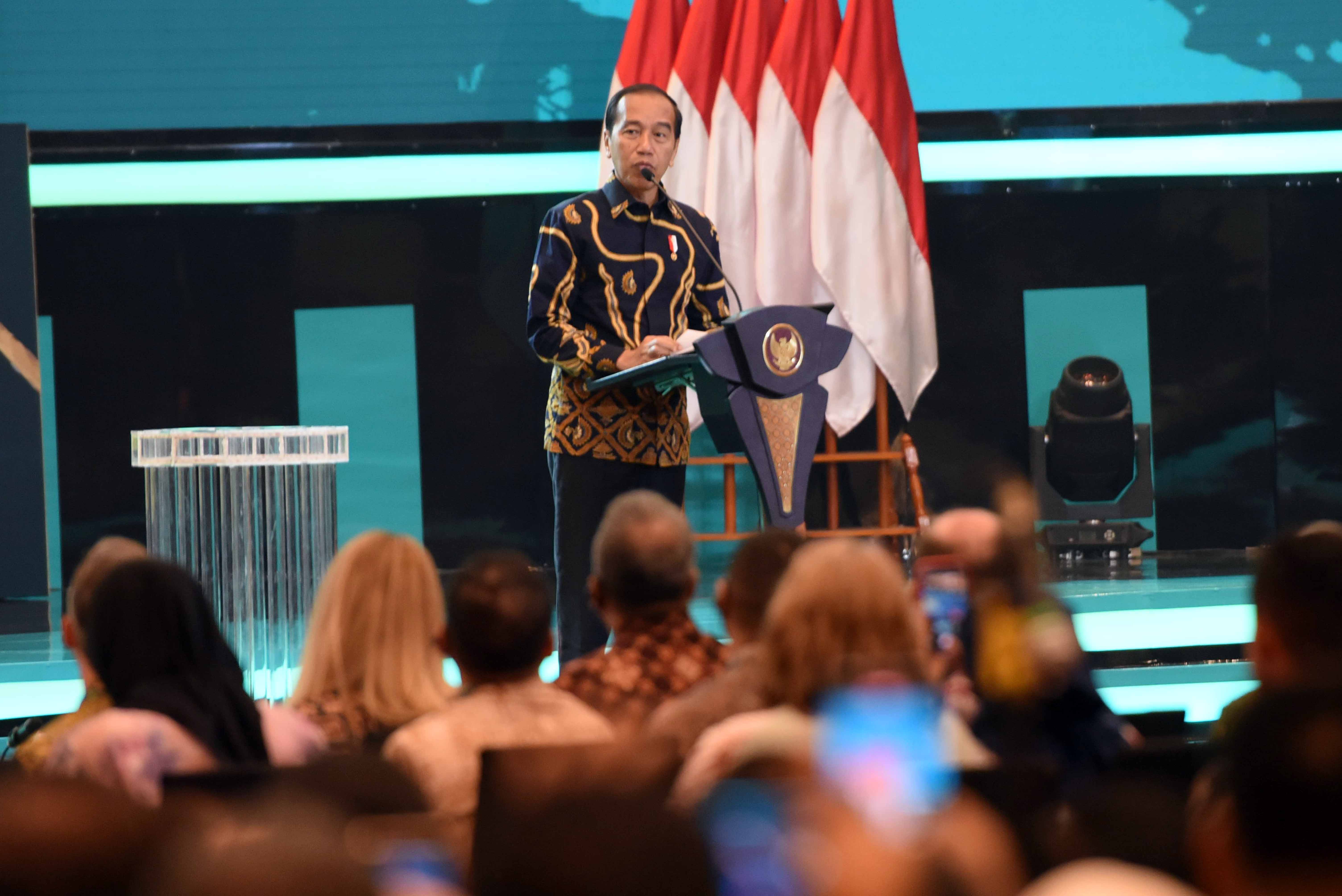Law Number 33 of 2014: Government Must Establish Halal Product Guarantee Agency

Law Number 33 of 2014: Government Must Establish Halal Product Guarantee Agency
Approved by the House of Representatives (DPR) in its Plenary Session on 25 September 2014, the Draft Bill on Halal Product Guarantee was finally signed by Indonesias 6th President, Susilo Bambang Yudhoyono, on 17 October 2014. Afterward, on the same date, Minister of Law and Human Rights of the United Indonesia Cabinet II (KIB II) Amir Syamsuddin promulgated the approved draft bill as Law Number 33 of 2014.
The Law which consists of 68 articles asserts that all products which enter, are distributed, and are traded in Indonesia must be halal-certified. For that reason, the Government is responsible for administering the halal product guarantee (JPH) programs.
Pursuant to this Law, in order to administer the halal product guarantee (JPH) programs, the Halal Product Guarantee Agency (BPJPH) must be established. This agency is directly subordinate and responsible to the Minister of Religious Affairs. If necessary, BPJPH can establish its representative offices in the regions.
The duties, the functions, and the organizational structure of BPJPH are to be stipulated in President Regulation, Article 5 paragraph (5) of Law Number 33 of 2014 reads.
According to this Law, in administering the halal product guarantee (JPH) programs, BPJPH has the authority to (a) formulate and establish the policies concerning halal product guarantee (JPH), (b) establish the norms, the standards, the procedures, and the criteria for halal product guarantee, (c) issue and annul halal certificates of foreign products, and (d) register halal certificates of foreign products.
In exercising its authority, BPJPH cooperates with the relevant ministries and/or institutions, the Halal-Audit Institution (LPH), and Indonesian Ulama Council (MUI), Article 7 of the Law reads.
Mechanisms
This Law asserts that the application for a halal certificate is submitted in writing by the business person to BPJPH. Afterward, BPJPH assigns the Halal-Audit Institution (LPH) to conduct examination and test to ensure whether the product is halal or not. The examination and the test are conducted by Halal Auditors at the business location and at the time of the production process.
If the examination on the product discovers a substance which is doubted as halal, further examination in the laboratory must be conducted, Article 31 paragraph (3) of Law Number 33 of 2014 reads.
Afterward, the Halal-Audit Institution (LPH) submits the results of the examination on and the test of the product to BPJPH which will then submit the results to Indonesian Ulama Council (MUI).
MUI will hold sessions to certify whether the product is halal or not in no more than thirty workdays since it receives the examination results and the test results from BPJPH. If the product is proved halal, MUI will submit its official decision to BPJPH to confirm that the product is halal. MUIs decision then serves as the basis for issuing the halal certificate.
If the MUIs sessions discover that the product is not halal, BPJPH will return the application for halal certificate to the business person with the reasons, Article 34 paragraph (2) of this Law says.
Meanwhile, MUIs official decision which declares the product is halal will serve as the basis used by BPJPH for issuing halal certificate in no more than seven workdays since the official decision declaring the product halal is received from MUI.
According to this Law, the business person who has obtained the halal certificate must stick the halal labels on (a) his/her product packages or wrappings and/or (b) certain parts of his/her products.
The halal labels must be easily noticeable and readable, and must be difficult to erase, remove, and break, Article 39 of Law Number 33 of 2014 reads.
The halal certificate is effective for four years since the date of its issuance by BPJPH. The business person must renew it by applying for the renewal of the halal certificate in no later than three months before the validity of the halal certificate expires.
Transition
Any halal certificates which have been issued by MUI before this Law takes effect are declared to be still effective until their period of validity expires. Before BPJPH is established, the application for new halal certificate or the renewal of halal certificate is pursuant to the procedures which are in effect before this Law is promulgated.
This Law also asserts that MUI still carries out its duties related to halal certification until BPJPH is established.
BPJPH must have been established as late as three years after this Law is promulgated, Article 64 of Law Number 33 of 2014 reads.
Implementing regulations of this Law must have been enacted as late as two years after this Law is promulgated. This Law is effective since the date of its promulgation, Article 68 of this Law reads. This Law was promulgated by Minister of Law and Human Rights Amir Syamsuddin on 17 October 2014. (Pusdatin/ES)







